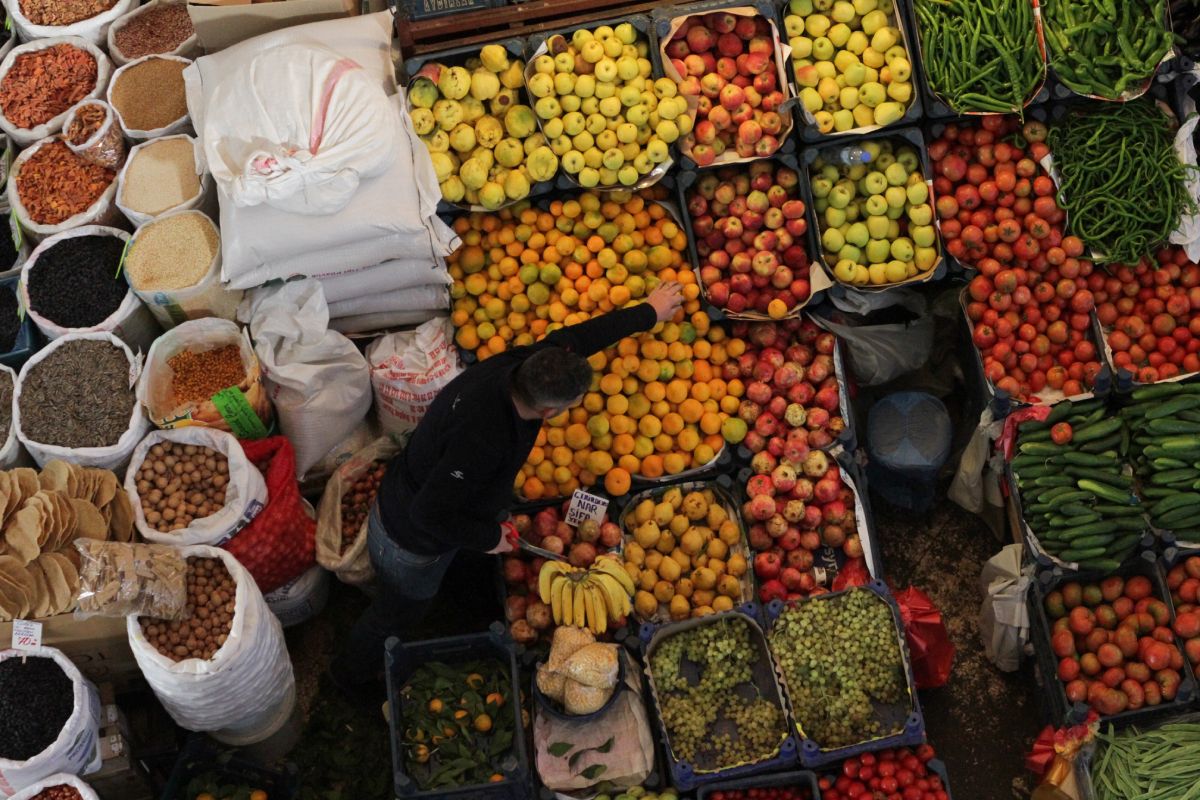Introduction
Fair Trade is more than a buzzword or a marketing strategy. It’s a transformative movement that aims to bring justice and equity to the global marketplace. For consumers, choosing Fair Trade products can have a profound impact that extends far beyond their personal lives.
Defining Fair Trade
Fair Trade, in its simplest terms, is a trading partnership that seeks equity in international trade. It is a model based on dialogue, transparency, and respect, which aims to create more equality and sustainable development by offering better trading conditions to marginalized producers and workers, particularly in the Global South.
The Fair Trade movement advocates for the payment of higher prices to producers, fair working conditions, and an emphasis on local sustainability. It’s a commitment to making a positive change by ensuring that producers receive a fair price for their goods, and that these goods are made under safe, humane working conditions.
Overview of the Fair Trade Movement
The Fair Trade movement traces its roots back to the mid-20th century when religious and political groups began to question and criticize the unjust aspects of global trade. The movement has grown significantly since then, encompassing a wide range of products, from coffee and chocolate to clothing and jewelry.
Today, Fair Trade is not just a niche market but a rapidly growing industry that’s making its mark in the mainstream marketplace. This is largely due to the growing awareness among consumers about the origins of the products they buy and the conditions under which these products are made.
Brief Outline of the Blog Post
In this blog post, we’ll delve deeper into the importance of supporting Fair Trade products. We’ll explore the key principles of Fair Trade, discuss its socio-economic and environmental benefits, and provide practical tips on how to incorporate Fair Trade products into your everyday life.
We’ll also discuss the challenges faced by the Fair Trade movement and provide a balanced perspective on the issues at hand. By the end of this post, we hope to provide you with a comprehensive understanding of Fair Trade and why your support for this movement matters.
In essence, supporting Fair Trade is about making informed purchasing decisions that align with our values. It’s about recognizing our role in a larger global system and using our purchasing power to create a fairer, more equitable world.
Understanding Fair Trade
Fair Trade is a systemic approach to trade and commerce that prioritizes the welfare of people and the planet. To truly appreciate the importance of supporting Fair Trade products, it’s necessary to understand how Fair Trade works, how it differs from traditional trade, and the significance of Fair Trade certification and labels.
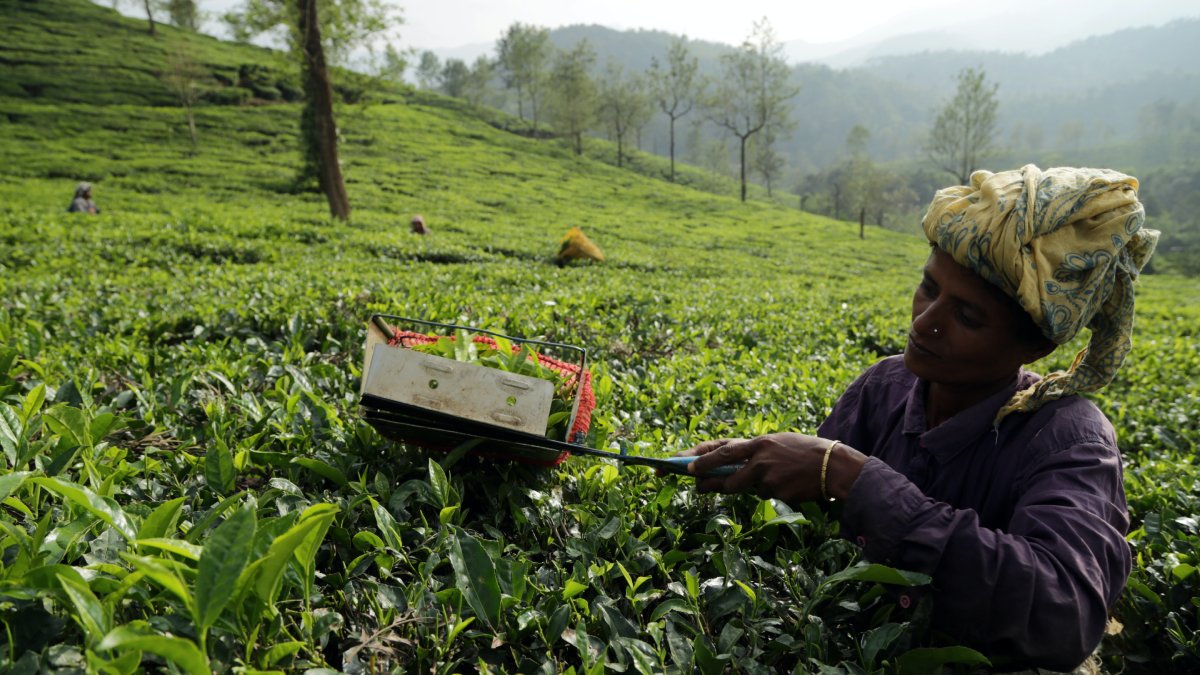
How Fair Trade Works
Fair Trade operates on a model of ethical sourcing and production, ensuring that producers in developing countries receive a fair price for their goods and are not exploited. It empowers small-scale producers and workers by promoting better trading conditions, advocating for their rights, and raising awareness about inequality in international trade.
In Fair Trade, the middlemen are cut out as much as possible, allowing producers to receive a larger portion of the final retail price. Additionally, Fair Trade organizations often provide advance payment to producers, offering them financial security.
Beyond economics, Fair Trade is also about social transformation. It encourages environmentally sustainable practices, promotes gender equality, and ensures safe and fair working conditions.
Difference between Fair Trade and Traditional Trade
Traditional trade, in stark contrast to Fair Trade, often involves the exploitation of producers, particularly those in developing countries. In a conventional trading system, middlemen and large corporations often dictate the prices, leaving small-scale farmers and workers underpaid and underrepresented.
Fair Trade breaks this cycle of exploitation. It ensures that a fair portion of profits goes directly to the producers and that workers have the right to organize, work in safe conditions, and live a dignified life. Furthermore, Fair Trade promotes sustainable farming practices, minimizing the environmental footprint.
Fair Trade Certification and Labels
Fair Trade certification and labels are crucial elements of the Fair Trade system. They serve as markers for consumers to easily identify Fair Trade products in the marketplace.
Organizations like Fairtrade International, the World Fair Trade Organization, and others, oversee the certification process, ensuring that products meet stringent social, economic, and environmental standards. They carry out regular audits and support producers and traders throughout their Fair Trade journey.
Seeing a Fair Trade label on a product signifies that it was produced under fair and ethical conditions. It assures consumers that by choosing that product, they are making a conscious decision to support a system that values people and the planet.
Understanding Fair Trade is the first step towards making informed and ethical purchasing decisions. By knowing how Fair Trade works, the difference between Fair Trade and traditional trade, and recognizing Fair Trade labels, we can actively choose to support a fairer and more equitable world.
The Impact of Fair Trade
The Fair Trade system can bring about significant changes on multiple fronts. From offering economic benefits to producers to improving social conditions and contributing to environmental sustainability, the impact of Fair Trade is far-reaching and transformative.

Economic Benefits for Producers
Fair Trade brings substantial economic benefits for producers, particularly those in developing countries. By offering a fair price for their goods, Fair Trade ensures that these producers earn a decent income, which contributes to poverty reduction. This economic stability allows them to reinvest in their businesses, improving their productivity and competitiveness. Moreover, by eliminating the middlemen, Fair Trade ensures that a larger share of the profits goes directly to the producers, empowering them economically.
Improvement in Social Conditions
Fair Trade also leads to improvements in social conditions. It promotes respect for workers’ rights and guarantees safe and healthy working conditions. The Fair Trade premium, an additional sum of money on top of the fair price, is used for social and economic projects that benefit the entire community, such as schools, healthcare facilities, or infrastructure improvements. Fair Trade fosters social cohesion and community development, resulting in a more equitable society.
Furthermore, Fair Trade advocates for gender equality. Women, who often make up a significant portion of workers in many industries, are ensured equal pay, representation, and opportunities for leadership roles, thus empowering them and promoting gender justice.
Contribution to Environmental Sustainability
Another significant impact of Fair Trade is its contribution to environmental sustainability. Fair Trade standards encourage producers to engage in environmentally friendly practices, such as organic farming, reducing water usage, and minimizing the use of harmful chemicals. This not only preserves biodiversity but also combats climate change by reducing carbon emissions.
Furthermore, Fair Trade organizations often support producers in their transition to more sustainable methods by providing training and resources. This results in more resilient farming systems that are better equipped to withstand the effects of climate change.
In conclusion, the impact of Fair Trade extends beyond just fair prices for producers. It promotes social development and environmental sustainability, embodying a comprehensive approach to ethical trade. By supporting Fair Trade, we are contributing to a more equitable and sustainable world.
Why Support Fair Trade
Supporting Fair Trade is not just about making a purchase; it is about making a stand for a more equitable and sustainable global trading system. By choosing Fair Trade, you contribute to promoting equality and fairness, empowering communities and reducing poverty, and supporting environmentally friendly practices.

Promoting Equality and Fairness in Global Trade
Fair Trade is a response to the disparities in the global trading system that often disadvantage producers in developing countries. It ensures that these producers get a fair price for their goods, shielding them from volatile market prices that can sink below the cost of production. This ensures that the fruits of their labor aren’t sold for less than they’re worth.
In contrast to conventional trade, where the majority of profits are often accumulated by a few large corporations, Fair Trade distributes the profits more equitably. The Fair Trade certification also guarantees transparency, allowing consumers to know where their products come from and how they are made, which is a step towards greater accountability in the global supply chain.
Empowering Communities and Reducing Poverty
Supporting Fair Trade means directly contributing to poverty reduction and community empowerment. The economic stability provided by Fair Trade allows producers to plan for their future, invest in their businesses, and improve their living conditions. The Fair Trade premium is used to fund community projects, improving access to education, healthcare, and other essential services.
By promoting workers’ rights and advocating for gender equality, Fair Trade empowers individuals and fosters social cohesion. This results in resilient communities that can advocate for their rights and shape their own development.
Supporting Environmentally-friendly Practices
Choosing Fair Trade also means choosing a more sustainable world. The environmental standards of Fair Trade encourage responsible stewardship of the environment, promoting organic farming methods, reducing water usage, and minimizing the use of harmful chemicals. This protects biodiversity and helps mitigate the effects of climate change.
Moreover, Fair Trade organizations often provide resources and training to help producers transition to more sustainable practices. By supporting Fair Trade, you’re also supporting a transition towards a more sustainable global trading system.
In essence, supporting Fair Trade is an act of conscious consumerism. It means making a choice that aligns with your values and the kind of world you want to live in. Every Fair Trade purchase is a vote for a more equitable, sustainable, and humane global trading system.
Recognizing Fair Trade Products
It’s a great thing to commit to supporting Fair Trade, but knowing how to identify such products is an essential step in the process. It’s not always as straightforward as one might hope. By understanding Fair Trade labels, recognizing common Fair Trade products, and verifying Fair Trade credentials, we can confidently support this important initiative.
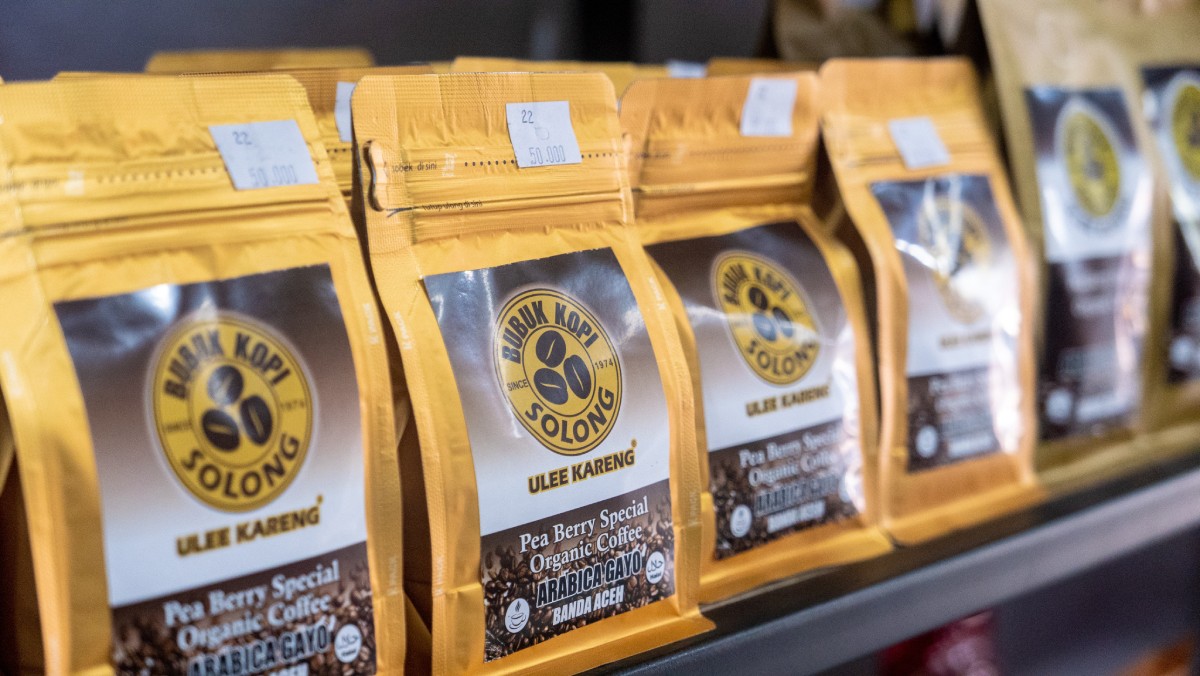
Understanding Fair Trade Labels
Fair Trade labels are the easiest way to identify Fair Trade products. These labels or seals are found on product packaging and guarantee that the product meets the standards set by Fair Trade organizations. The most recognized of these is the Fairtrade International label, represented by a blue and green yin-yang-like symbol with a person waving in the center.
Each Fair Trade organization has its own label, and while they may differ slightly, they all represent the same commitment to fair prices, fair labor conditions, direct trade, democratic and transparent organizations, and no child or forced labor.
List of Common Fair Trade Products
Fair Trade products span across multiple sectors. In the food industry, it includes coffee, tea, sugar, chocolate, fruits (especially bananas), spices, honey, wine, and more. In the fashion industry, Fair Trade cotton and other textiles are used to create clothing and accessories. Other Fair Trade products include handicrafts, jewelry, furniture, and beauty products.
It’s worth noting that the availability of Fair Trade products can vary by region, and some products are more commonly found than others. However, the range of Fair Trade products is continually growing as more producers and businesses commit to Fair Trade practices.
Verifying Fair Trade Credentials
As the popularity of Fair Trade grows, so does the misuse of the term. Some companies might use it loosely for marketing purposes without meeting the standards required. Therefore, it’s important to verify the Fair Trade credentials of a product before purchasing.
The most reliable way to do this is by looking for the official Fair Trade label from recognized Fair Trade organizations. It’s also worth researching the brand to see if they provide detailed information about their supply chain, producer partnerships, and how they meet Fair Trade standards.
In summary, recognizing Fair Trade products requires a bit of knowledge and research, but it’s a small effort compared to the significant impact it can have on producers’ lives and the planet. By choosing Fair Trade, we can make a difference with our daily purchases.
How to Support Fair Trade
Choosing to support Fair Trade is a proactive step towards promoting equality, sustainability, and fairness in global trade. This support extends far beyond purchasing Fair Trade products. It includes advocating for Fair Trade and educating others about its importance. By doing so, we can make a meaningful impact on producers’ lives, empower communities, and protect the environment.
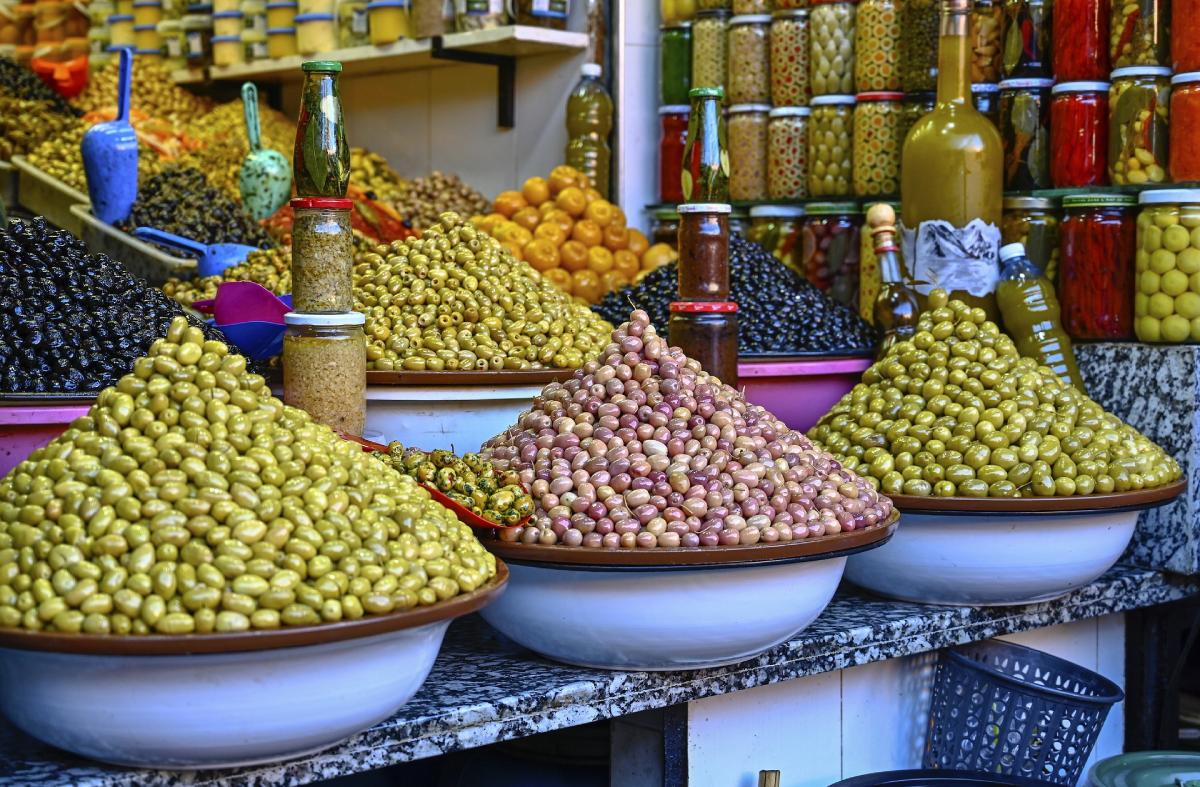
Choosing Fair Trade Products While Shopping
Purchasing Fair Trade products is the most direct way of supporting the movement. By choosing Fair Trade, we are voting with our dollars for a world that values people and the planet as much as profits. When shopping, look for the Fair Trade label on products, from food items like coffee, tea, and chocolate, to clothing, jewelry, and home goods.
But supporting Fair Trade is more than a one-off choice; it’s a commitment to making conscious decisions whenever possible. It might mean changing where we shop or paying a little more for Fair Trade products, knowing that the extra cost goes directly towards supporting fair wages and safe working conditions.
Advocating for Fair Trade
Advocacy is another powerful way to support Fair Trade. This can take many forms, from promoting Fair Trade products on social media, to lobbying local businesses and institutions to stock Fair Trade items.
Writing to local representatives or government officials about the importance of Fair Trade and asking them to support policies that favor Fair Trade is another form of advocacy. We can also use our voices to challenge brands to be more transparent about their supply chains and commit to Fair Trade practices.
Educating Others About Fair Trade
Education is key to spreading the Fair Trade message and inspiring others to support the movement. By educating our friends, family, and community about Fair Trade, we can help them understand why it’s important and how they can contribute.
Sharing information about Fair Trade can be done in many ways: through social media, by hosting educational events, or simply by having conversations about it. Informative resources, documentaries, books, and websites about Fair Trade can also be shared to provide a deeper understanding.
In conclusion, supporting Fair Trade is not a passive act, but an active commitment to making a difference. It requires us to choose, advocate, and educate continually. It’s an ongoing journey of learning and taking action, but one that promises a more equitable and sustainable world.
Case Studies of Fair Trade Success
Fair Trade’s principles are not just theoretical concepts; they have practical implications that have brought about transformative changes in the lives of producers and their communities worldwide. To illustrate this, let’s delve into some inspiring success stories from different sectors - a coffee cooperative, a textile business, and a cocoa farming community.
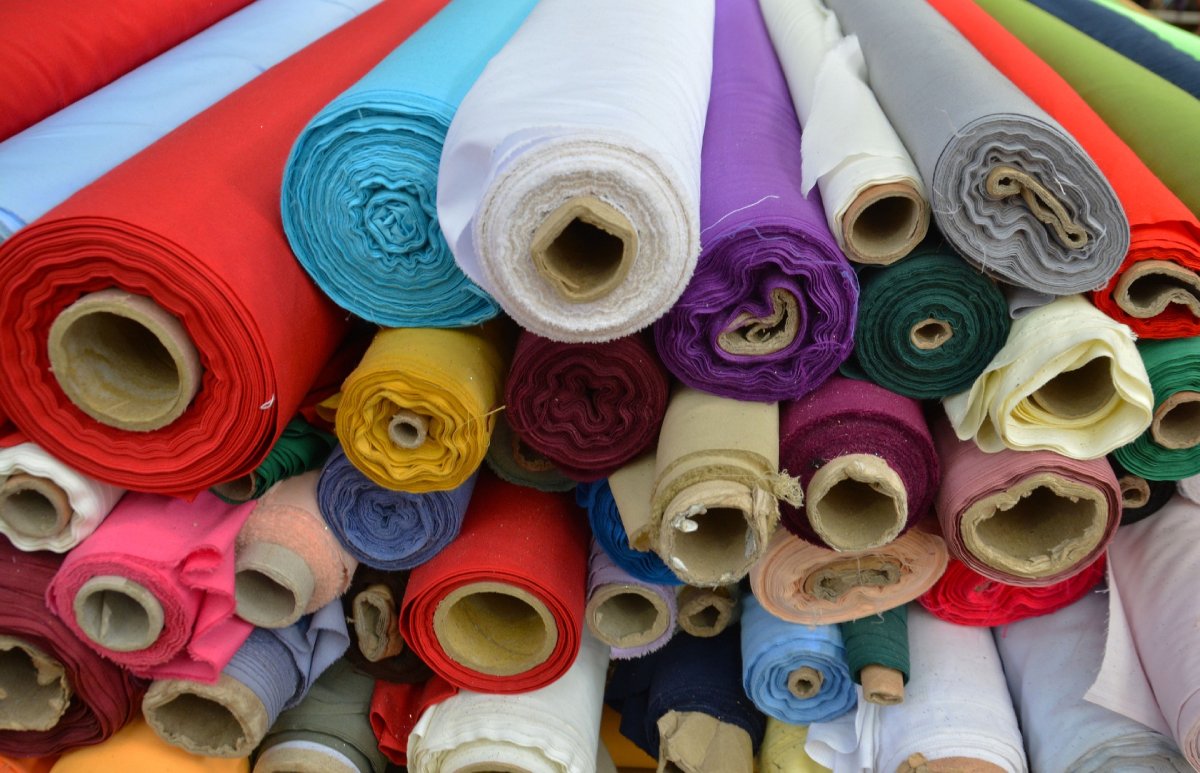
Story of a Fair Trade Coffee Cooperative
One noteworthy example is the case of a small coffee cooperative in Colombia, which has thrived under the Fair Trade system. For decades, these coffee farmers struggled against low commodity prices and exploitative middlemen. But with Fair Trade, they found a lifeline. The cooperative could now sell their coffee at a fair price, which covered the cost of sustainable production and provided a decent living wage for the farmers.
The Fair Trade premium, an additional sum of money paid on top of the fair price, has been invested in community development projects. They’ve built schools, healthcare centers, and improved local infrastructure. By empowering the farmers and improving their community, Fair Trade has brought tangible, positive change.
Success of a Fair Trade Textile Business
A textile business in India provides another remarkable success story. The company, working within the Fair Trade framework, employs women from disadvantaged backgrounds. These women are paid fair wages and work in a safe, respectful environment - a stark contrast to the often exploitative conditions in the conventional textile industry.
The company uses only organic cotton, thus reducing the environmental impact of textile production. Moreover, the Fair Trade premium has been used to provide educational opportunities for the workers’ children, breaking the cycle of poverty for the next generation. It’s a shining example of Fair Trade’s potential to revolutionize traditional industries.
Impact of Fair Trade on a Cocoa Farming Community
Lastly, let’s turn our attention to West Africa, where a majority of the world’s cocoa - the primary ingredient in chocolate - is produced. For years, cocoa farmers lived in abject poverty, despite the chocolate industry’s booming profits. This began to change with the introduction of Fair Trade.
A cocoa farming community in Ghana, now part of a Fair Trade cooperative, has seen significant improvements in their livelihoods and quality of life. Not only do they receive a fair price for their cocoa, but the Fair Trade premium has also been used to construct schools, dig wells for clean drinking water, and even set up a mobile clinic, bringing healthcare to this remote community.
These success stories demonstrate how Fair Trade can create a ripple effect of positive change. By ensuring fair prices, empowering producers, and investing in community development, Fair Trade truly has the power to make trade equitable and sustainable.
Misconceptions about Fair Trade
While Fair Trade is a remarkable system that has impacted countless lives, there are some misconceptions surrounding it. Understanding these can help us to engage more fully with the movement and become more effective supporters of Fair Trade. Let’s debunk some of the most common myths, address concerns about Fair Trade prices, and discuss the effectiveness of Fair Trade.
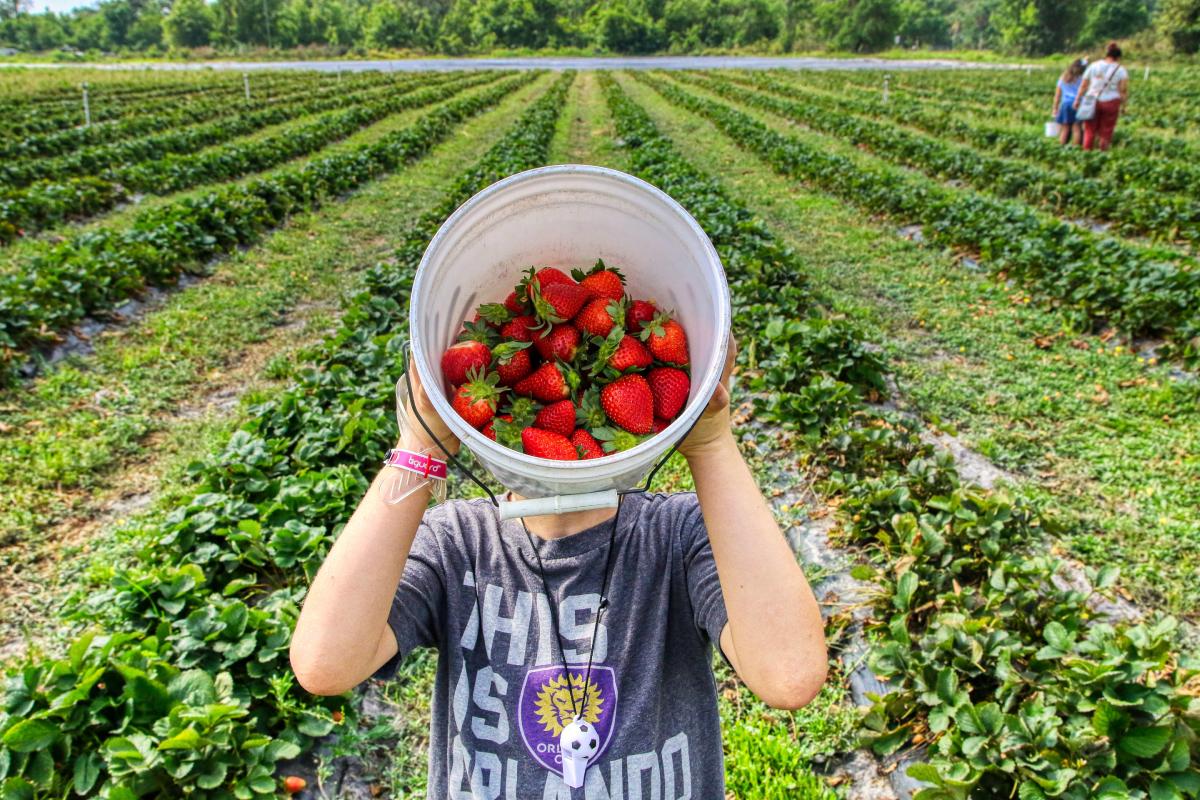
Debunking common Fair Trade myths
Myth 1: Fair Trade is charity. Fair Trade is about justice and equity in trade, not charity. It ensures that producers are paid fairly for their work and have a voice in their trade relationships. Fair Trade empowers producers, rather than making them dependent on aid.
Myth 2: Fair Trade only benefits a small number of producers. While it’s true that not all producers can participate in Fair Trade, those who do often extend benefits to their broader communities through cooperative structures and the Fair Trade premium, which funds community development projects.
Myth 3: Fair Trade is just about paying higher prices. While fair prices are a key part of Fair Trade, it’s much more than that. Fair Trade also promotes environmental sustainability, supports safe and healthy working conditions, and empowers producers and their communities.
Addressing concerns about Fair Trade prices
One of the most common concerns about Fair Trade is that the products are more expensive. While it’s true that Fair Trade products can sometimes cost more, it’s important to understand why. These prices reflect the true cost of production - they cover fair wages, safe working conditions, and sustainable farming practices. When we buy Fair Trade products, we’re not just paying for a commodity - we’re also investing in social justice and environmental sustainability.
Discussing the effectiveness of Fair Trade
Some critics question the effectiveness of Fair Trade. They argue that the system isn’t perfect, and indeed, like any other, it isn’t. However, its imperfections shouldn’t overshadow the real, positive impact that Fair Trade has had. Countless producers and their communities have experienced improved livelihoods and living conditions because of Fair Trade.
Moreover, the effectiveness of Fair Trade shouldn’t just be measured in economic terms. Fair Trade is also about empowering producers and giving them a voice - things that are harder to measure but are just as important.
In the end, supporting Fair Trade is not just about making a purchase. It’s about making a difference. By choosing Fair Trade, we can contribute to a more just and sustainable world. And that’s something worth supporting.
The Future of Fair Trade
The future of Fair Trade is a topic that’s rich with both promise and challenges. With an evolving market landscape, the movement must continue to adapt and innovate. Let’s explore the current trends in Fair Trade, discuss potential growth and challenges, and examine the role of Fair Trade in achieving global sustainability goals.

Current trends in Fair Trade
Fair Trade has been gaining momentum over the past few decades. Consumers are increasingly concerned about the ethics of their purchasing decisions, and more and more businesses are committing to Fair Trade principles. We’re seeing more Fair Trade products on the market than ever before, from coffee and chocolate to clothing and jewelry.
Technology is also playing a role in the growth of Fair Trade. Digital platforms make it easier for consumers to find and purchase Fair Trade products, and they allow producers to reach a global audience. Additionally, blockchain technology is being used to increase transparency in supply chains, giving consumers confidence in the authenticity of Fair Trade claims.
Potential growth and challenges of Fair Trade
Despite its growth, Fair Trade still only represents a small portion of global trade. There is a huge potential for expansion, but there are also significant challenges to overcome. One of the biggest hurdles is raising consumer awareness and understanding of Fair Trade. While more consumers are recognizing the Fair Trade label, many still don’t fully understand what it means.
Price is another challenge. Fair Trade products often cost more than their non-Fair Trade counterparts, which can be a barrier for some consumers. However, as we discussed earlier, these prices reflect the true cost of production, and they are an investment in a more equitable and sustainable world.
The role of Fair Trade in achieving global sustainability goals
Fair Trade has a crucial role to play in achieving the United Nations’ Sustainable Development Goals (SDGs). By promoting fair wages, decent working conditions, and sustainable farming practices, Fair Trade contributes to many of these goals, including no poverty (Goal 1), decent work and economic growth (Goal 8), and responsible consumption and production (Goal 12).
Moreover, by empowering producers and their communities, Fair Trade also supports the SDGs related to reducing inequality (Goal 10) and promoting peaceful and inclusive societies (Goal 16).
In conclusion, the future of Fair Trade is full of opportunities and challenges. As supporters of Fair Trade, we can help shape this future by choosing Fair Trade products, advocating for fair trade practices, and educating others about the importance of Fair Trade. By doing so, we can contribute to a more equitable, sustainable, and hopeful future.
Conclusion
As we draw this exploration of Fair Trade to a close, it’s clear that the power to create significant, positive global change lies in our hands. The choices we make as consumers can either perpetuate systemic injustices, or they can help create a more equitable, sustainable world. Let’s recap the importance of supporting Fair Trade and reiterate the call to action for each one of us.
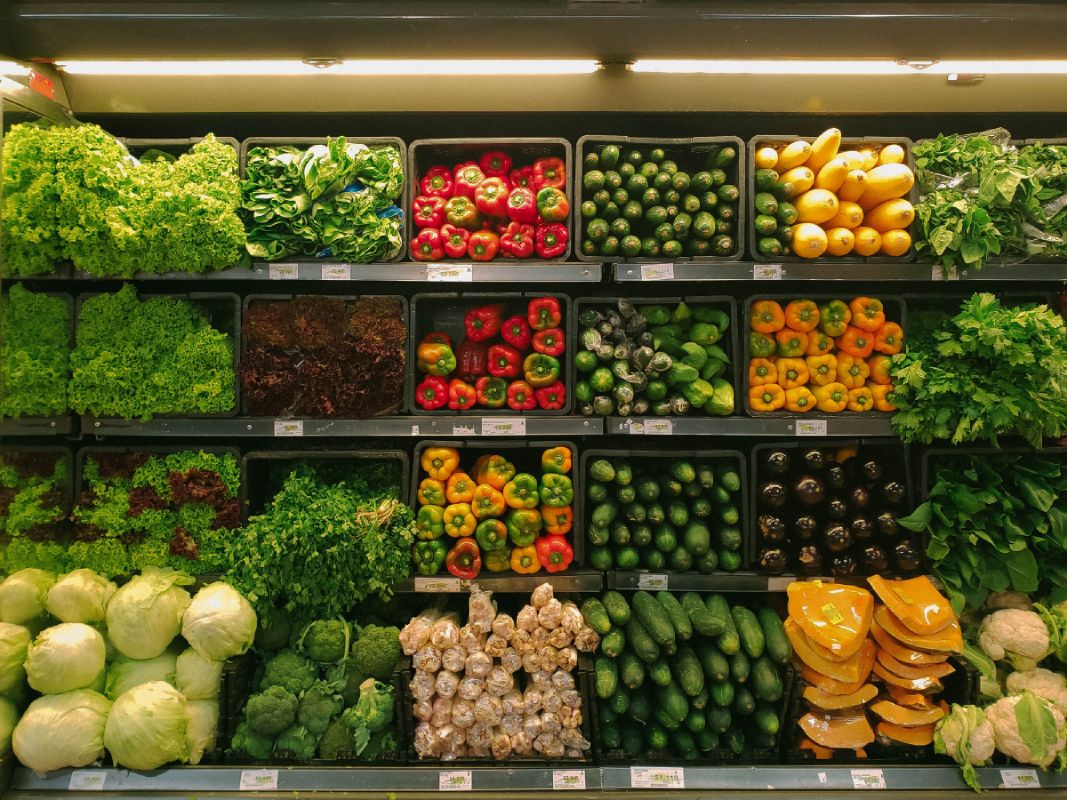
Recap of the importance of supporting Fair Trade
Over the course of this blog post, we’ve discovered the meaning and workings of Fair Trade, distinguished it from traditional trade, and illuminated the Fair Trade labels and certification. We’ve delved into the profound impact Fair Trade has on producers’ economic condition, social equity, and environmental sustainability.
The importance of supporting Fair Trade is undeniable. It promotes equality and fairness in global trade, empowers communities, reduces poverty, and supports environmentally-friendly practices. By supporting Fair Trade, we can ensure that producers receive a fair price for their goods, that they work under safe and healthy conditions, and that their communities receive funds for social development.
Personal call to action to support Fair Trade
Supporting Fair Trade is not just an act of charity—it’s a commitment to justice and sustainability. It’s a pledge to use our purchasing power to create a better world. Whether it’s choosing Fair Trade products while shopping, advocating for Fair Trade practices in your community, or educating others about the importance of Fair Trade, every action counts.
While Fair Trade products may sometimes cost a bit more, remember that these prices reflect the true cost of production—one that doesn’t cut corners when it comes to workers’ rights or the environment. We encourage you to see this not as an added expense, but as an investment in a fairer and more sustainable world.
Ending note on the global impact of Fair Trade choices
Each Fair Trade product we purchase is a ripple in the pond of global commerce. Collectively, these ripples can create waves of change, influencing larger corporations to adopt more ethical practices, and encouraging governments to implement policies that prioritize people and the planet.
As consumers, we have more power than we realize. Our choices can and do make a difference. So, as we end this discussion, let’s not forget the impact of our choices. Let’s continue to choose Fair Trade, to stand with the producers, to champion fairness, equality, and sustainability. Because in a world that is fair and just, everyone wins.

